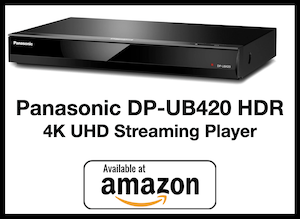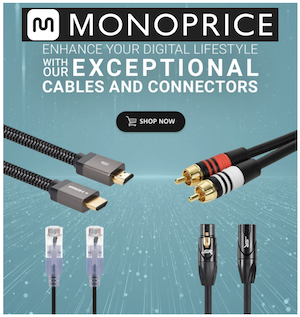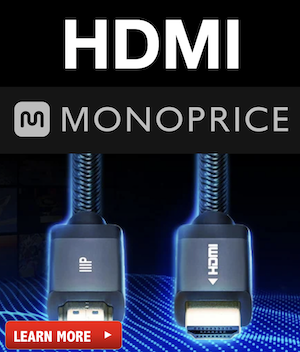What you said, Jack, "I have heard it and it sounds quite nice" is what scares me about this. Much of the support you see in the press is emphasizing the fact that it sounds good. What you heard that sounded good was probably not due to MQA, any more than most people who claim some $20K DAC sounds better than some $30K DAC. They are doing classic "prediction-proof" demos and of course it sounds good. But things already sound good, and what are the chances that this will provide any sonic benefits that people can't experience now with many technologies and products. Somewhere between slim and none, I think, and I don't want it adding processing overhead and cost to my music.
There should be no need for it in terms of making music sound better. Delivery systems should deliver what was created and the attention should be on producing and mastering it properly. The notion that a delivery method is going to universally "fix" the sound is just not necessary. Sure, Dolby had a fix for tape noise, as did dbx, but they ended up being unnecessary as technology evolved. This is fixing something that does not need to be fixed at that level and creating a wrapper that could create more problems than it solves.














